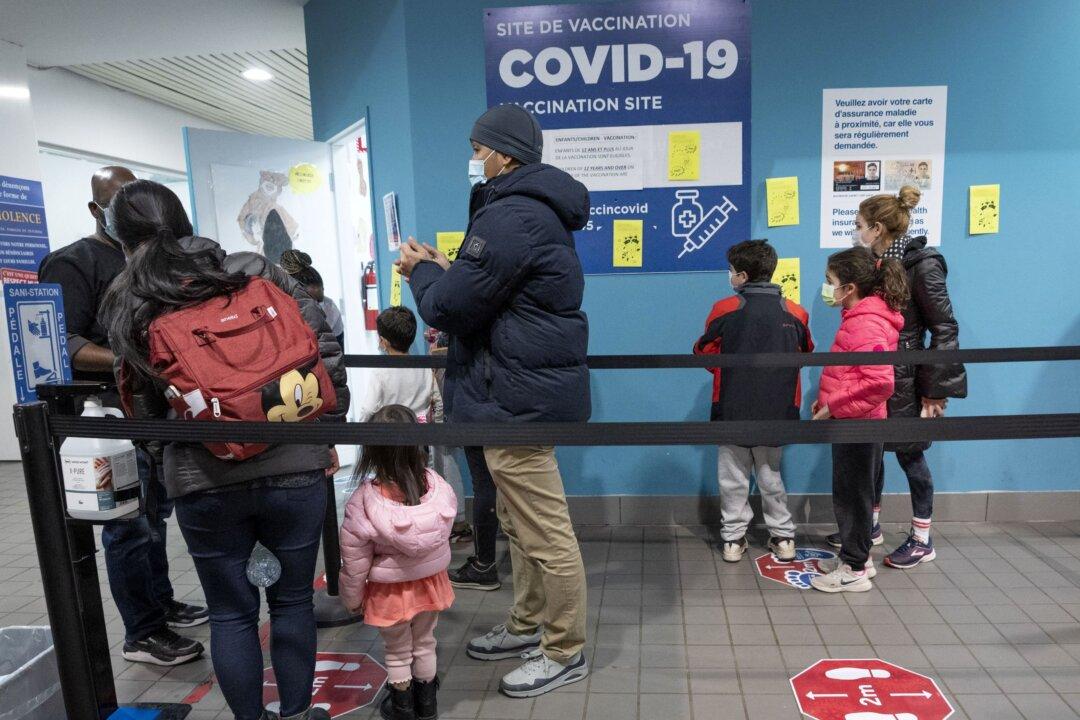The issue of COVID-19 vaccinations, which polls show has become a divisive issue in society, has also caused rifts in some families.
A Saskatchewan father recently went into hiding with his young daughter to keep her from receiving the COVID vaccine, just one case of many across Canada where vaccination status is becoming a point of contention between parents.





